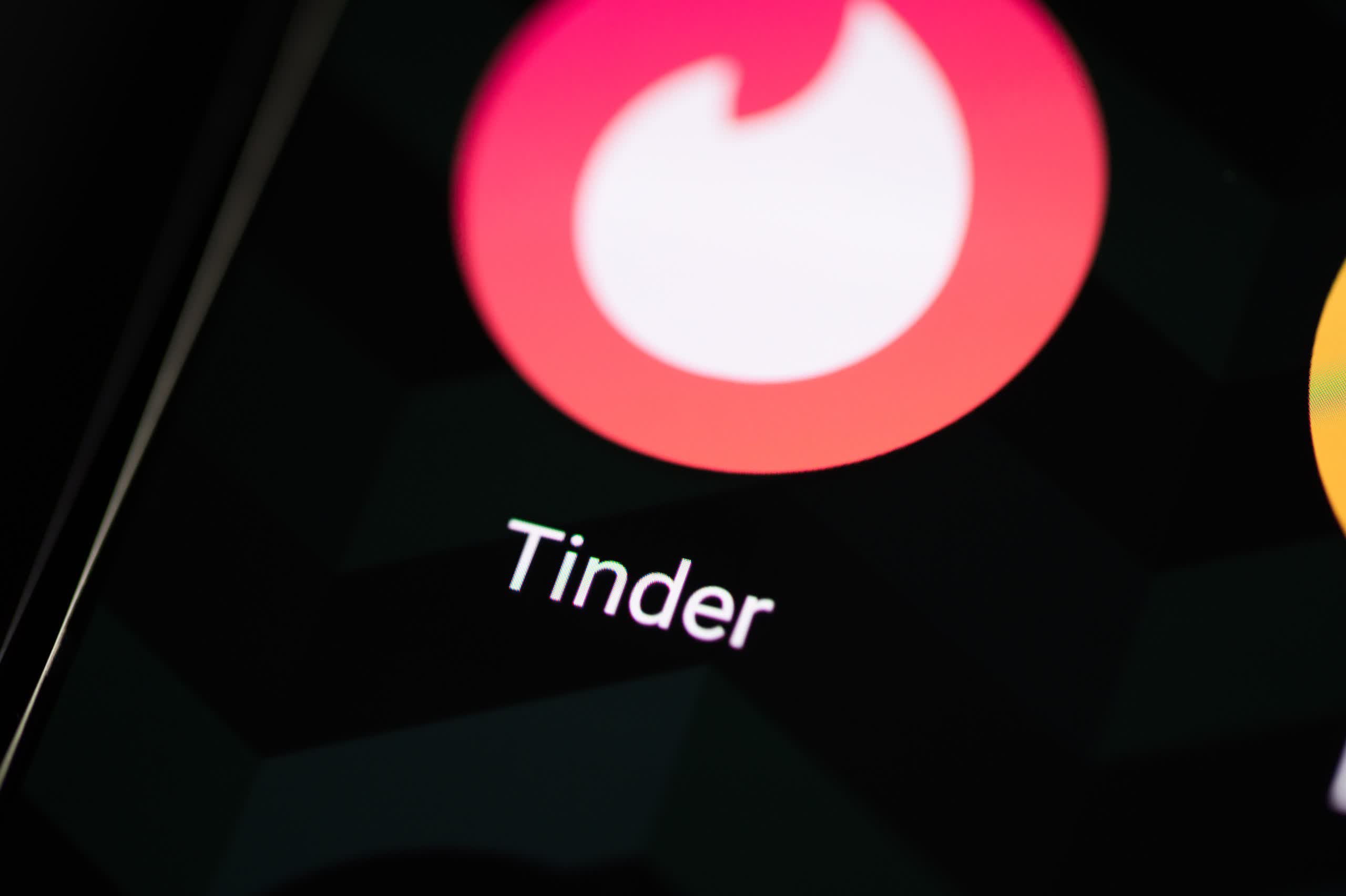In a nutshell: Epic Games is the last litigant suing Google over its app store policies. Until recently, 36 states and Washington D.C. had antitrust complaints against the company. Now, joint plaintiff Match has taken an offer to use an alternative payment option offered by Alphabet to satisfy its grievance. However, Tim Sweeney remains defiant.
Tinder owner Match Group has settled its antitrust lawsuit with search giant Google. The agreement allows the matchmaking company to process user payments through alternative services rather than the Play Store's payment system. The compromise enrolls Match into a limited program called "User Choice Billing," which Alphabet launched in 2022. Match will also get back the $40 million held in escrow during litigation intended to cover app fees had Google won the case.
"Under the terms, the $40 million placed in escrow will be returned to Match Group, and no other amounts will be owed by the Match plaintiffs to Google relating to the claims in the lawsuit for the period ending December 31, 2023," Match said in a letter to investors.
The settlement will lower subscription prices for Match, Tinder, and Hinge users who pay through Match's external payment platform instead of the Play Store. However, the savings will be marginal. Google charges 15 percent on subscriptions and 30 percent on in-app purchases. Outside payment fees are 11 and 26 percent, respectively, saving 4 percent on both types of payments.
"We are pleased to reach a settlement agreement with Match Group," said a Google spokesperson. "This ensures we can continue to provide our shared users the secure, seamless, and high-quality experience people expect from apps on Google Play while maintaining Google's ability to invest in the Android ecosystem and deliver value across an app's full lifecycle."
Match and Google have settled their dispute.
– Tim Sweeney (@TimSweeneyEpic) October 31, 2023
Epic will go to trial against Google alone.
We reject Google's so-called "user choice billing", in which Google controls, surveils, and taxes transactions between users and developers.https://t.co/bTh095KNa2
The settlement leaves Epic Games as the sole litigant in the antitrust lawsuit. Initially, the two companies had filed separate complaints, but the courts merged them since they were suing for the same reasons.
It is unclear if Google made Epic a similar offer, but CEO Tim Sweeney alluded to one. Sweeney took to X after the settlement to announce that Epic would go forward with the lawsuit "alone," and "rejected" its alternative.
"Epic will go to trial against Google alone," Sweeney proclaimed. "We reject Google's so-called 'user choice billing,' in which Google controls, surveils, and taxes transactions between users and developers."
It shouldn't be surprising. The suit was Epic's primary weapon in its crusade against Apple's and Google's walled gardens from the beginning.
Google can still count it as a victory since Epic is the final of several complaints over the same issue. In addition to the Match lawsuit, Alphabet signed an undisclosed settlement that saw a coalition of state attorneys general drop their antitrust complaints in September.
It is hard to say what this means for Epic's fight. Judges will likely see User Choice Billing as a viable alternative that satisfies Epic's complaint against Apple and Google forcing developers to run transactions through their respective stores. It seems that Google's program alleviates that problem, so Epic's case appears irrelevant from the outside. We'll have to see what direction its legal team takes it.
